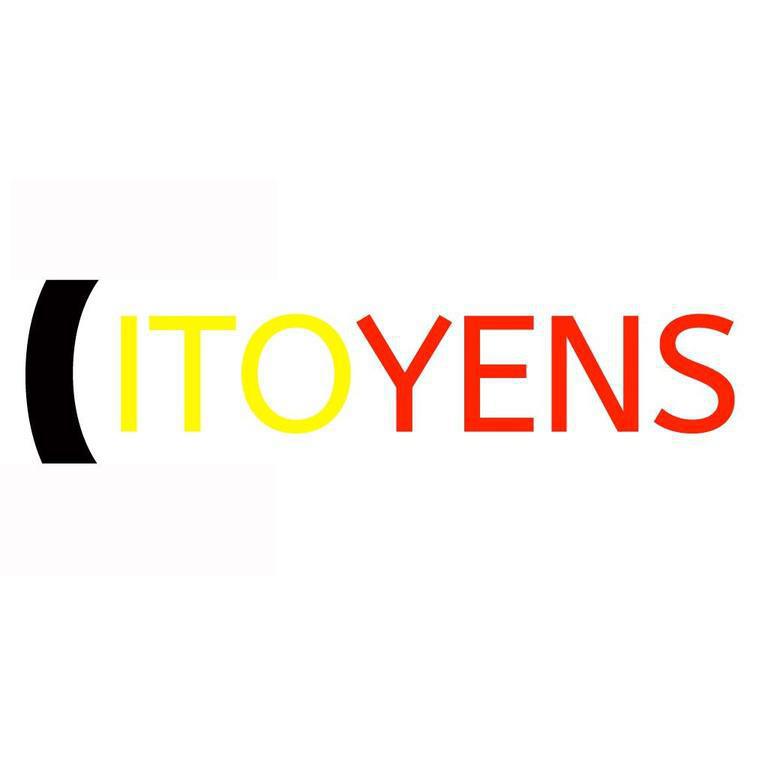Afonso Freitas Rodrigues (2006), Gabriela Sofia Silva Adrego Fonseca (2007)
Fundação da Juventude, Porto, Portugal
BioplaKe focuses on producing sustainable insulating plates by utilizing underutilized natural materials such as coffee grounds, cardboard, straw, banyan tree mucilage, prickly pear cactus, Opuntia cochenillifera, and Aloe vera. Promoting a circular economy, coffee grounds are collected from the school bar, while cardboard from packaging is repurposed to create low-cost, easy-to-assemble plates for a school calorimeter. Straw from packaging boxes is incorporated into the mixture, and Indian fig mucilage, aloe vera mucus, and casein-based glue are used as binders, preventing waste and contributing to the management of invasive species.
Surplus glycerine from biodiesel production is reused, and sandwich boxes serve as molds with perforations to facilitate drainage and drying. Coffee grounds, with a moisture content of 60%, form the bulk of the material, while leached straw rags and other ingredients are added in varying proportions to optimize structural and insulating characteristics.
In the second phase, an insulating box was constructed using six plates that featured an improved appearance, reduced weight, reinforced structure, compactness, and enhanced adhesion. Testing confirmed that the plates met thermal insulation requirements and demonstrated mechanical resistance, validating the feasibility of this production process. While the results were effective, further refinements in formulations are necessary to enhance material properties and optimize the production process.





